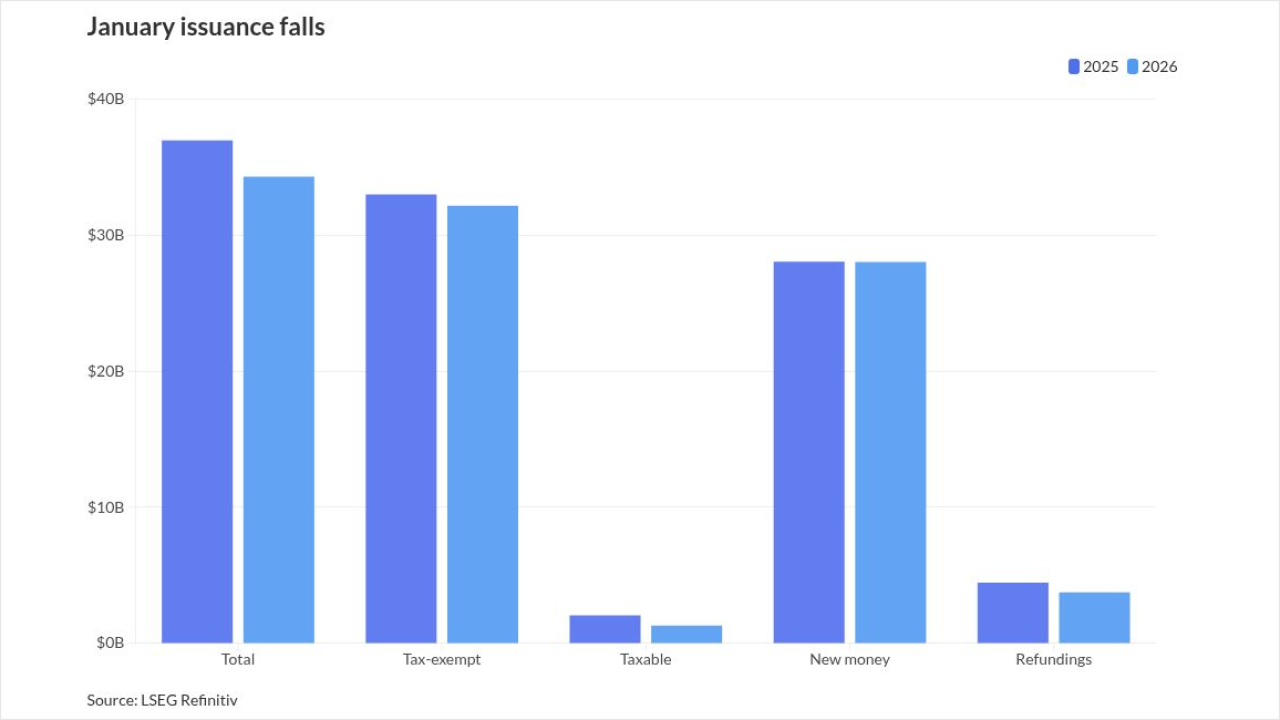A California law that took effect Jan. 1 giving traditional school districts more power to deny charter applications is credit positive for both traditional school districts and charter schools, according to Moody’s Investors Service.
Assembly Bill 1505 means less competition for students and associated per-pupil state aid, according to a credit outlook Moody's published Monday.

The law comes at a time when California K-12 school districts are enduring persistent declines in student enrollment, according to Moody's, which coupled with rising pension costs and teacher demands for higher salaries make the potential loss of state aid from enrollment declines a particular threat.
“The number of charter schools increased 60% statewide between the 2009-10 and 2017-18 school years, leaving many of them with spare seats because of the rapid growth,” Moody’s analysts wrote. “The new law will help school districts by slowing charter school growth, but the spare capacity means existing charter schools will likely continue to grow their enrollment.”
Charters are generally approved by the local school districts in which they are located in California, and that remains unchanged.
“Both K-12 districts and existing charter school districts will benefit from the new law’s two-year moratorium on new non-classroom or online charter schools, and stricter controls on out-of-district charter schools,” Moody’s analysts wrote.
The new law allows school districts that can show they are under fiscal distress to deny any proposed charter from opening. The districts have to be struggling to the extent they have reported to the state they may not be able to meet financial obligations giving them a qualified certification, they will not meet financial obligations giving them a negative certification or be under state receivership.
According to Moody’s three school districts meet those caveats: Oakland Unified School District, Sacramento Unified and Twin Rivers Unified, which includes schools in northern Sacramento.
The new law also allows school districts to consider whether the charter is offering something new or programs similar to what a district's traditional school already offer. It also prevents smaller school districts from approving charters outside of their boundaries to gain authorization fees impacting the school districts in which the charters are actually located.
It creates more stability for high-performing charters, which will be allowed to have charters approved for a five- to seven-year period. Low performing schools could have their charters yanked.
Gov. Gavin Newsom also signed Senate Bill 126 in March to increase transparency on charter school operations, which Moody's also deemed a credit positive. Moody's generally viewed favorably an increasing emphasis on monitoring educational outcomes and financial performance saying it is strengthening the charter school sector.
The downside, however, is that stringent standards could make the renewal process a greater hurdle for charter schools and increase the risk for renewal, Moody's analysts wrote.
An older Moody's
Under AB 1505, the charter authorizer must deny renewal if the charter school has low performance levels for the two consecutive years prior to the renewal consideration unless the charter submits a satisfactory turnaround plan.





